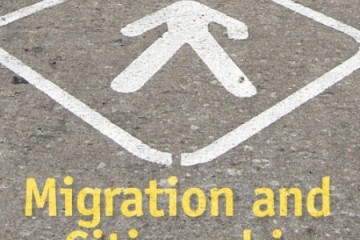
Politics of restriction in the Euro-Mediterranean area: Lampedusa and beyond.
In line with the growing socio-economic and political significance of immigration, Europe has seen a wide range of policy measures aiming at either halting migrants from reaching Europe or deterring them from settling in their preferred countries of destination (Gibney 2004).
One of the implications of these policy efforts has been to turn the Mediterranean into a highly militarised zone. Yet the collapse of the political structures of several North African countries in the early 2011 was a huge blow for bilateral and multilateral cooperation mechanisms. In particular, immigrant arrivals to Europe through Lampedusa, an Italian island and one of the closest points from the African mainland, triggered a range of public and political discussions.
It is important to reflect upon the symbolic power that immigration possesses in European domestic politics. The social construction of immigration as a threat have shaped the national and EU-level responses to the arrivals of immigrant and asylum-seekers in the western Mediterranean. Most public and political worries were about irregular migration, a major challenge to the very idea of state borders.










